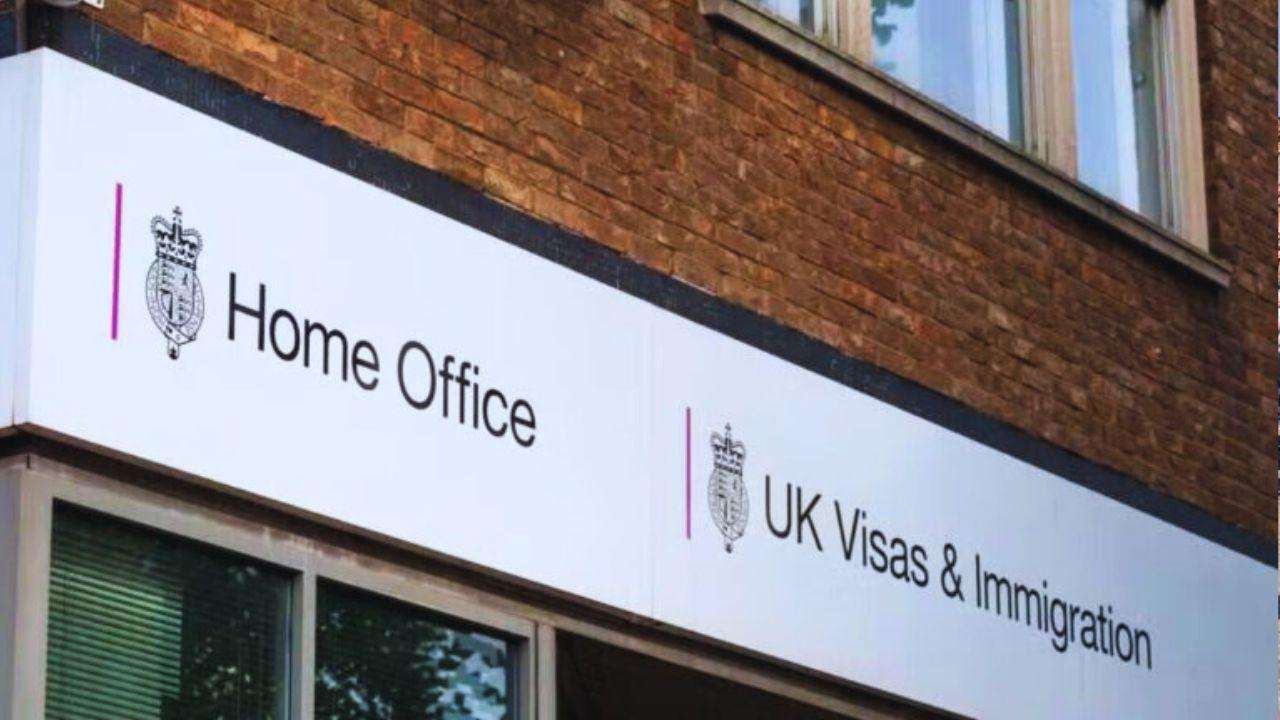Children living in England’s most disadvantaged areas are significantly less likely to reach key developmental milestones by age five, according to a report from UNICEF UK. The charity has called on the government to remove the two-child benefit cap as part of urgent efforts to combat rising child poverty.
The UN agency analysed local authority data across England, assessing levels of deprivation alongside early childhood health and education indicators such as dental health, obesity, and A&E visits. The findings reveal that children in the most deprived communities are more than twice as likely to miss the government’s goal of 75% achieving a “good level of development” by age five, compared to those in wealthier areas.
Five of the most deprived local authorities – Blackpool, Knowsley, Liverpool, Hull, and Middlesbrough – ranked among the worst for nearly all child wellbeing indicators. The study found that 12.9% of children in reception classes in these areas are obese, more than double the 6% seen in affluent areas. Additionally, nearly 30% of children in deprived areas suffer from untreated tooth decay, compared to just 15% in wealthier regions. A&E visits for babies and young children were also 55% higher in deprived areas.
UNICEF UK urged the government to scrap the two-child benefit cap to reduce poverty and boost access to vital health and education services for young children. Chief executive Philip Goodwin emphasized that poverty in early life can have long-lasting effects, impacting children’s health, education, and future opportunities. He called for immediate and bold government intervention.
Sarah Woolnough, CEO of the King’s Fund, echoed these concerns, noting that increasing child poverty is already undermining children’s health and could lead to a generation of adults with chronic health issues. She stressed the need for targeted investment in children’s services and called on the government to prioritize child health to ensure long-term public health and economic stability.
Labour leader Keir Starmer recently stated in Parliament that he is "absolutely determined" to reduce child poverty, as the government prepares to unveil its strategy on the issue.
In response, a government spokesperson highlighted current initiatives, including a dedicated child poverty taskforce, expanded free school meal eligibility for families on Universal Credit, free breakfast clubs, and increased pupil premium funding aimed at supporting disadvantaged pupils.



_1.jpg)
_1.jpg)



.svg)

